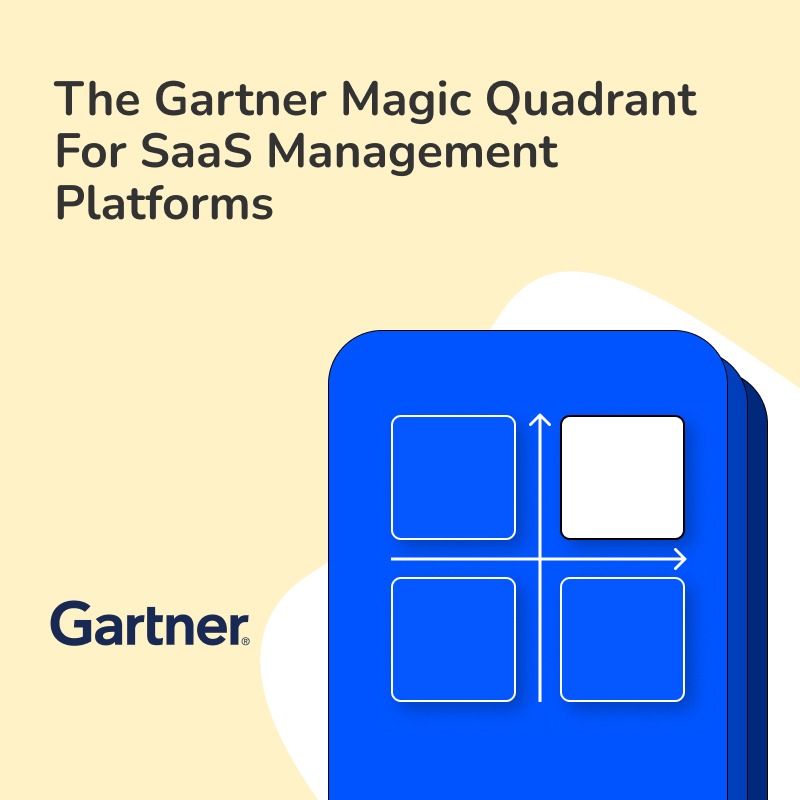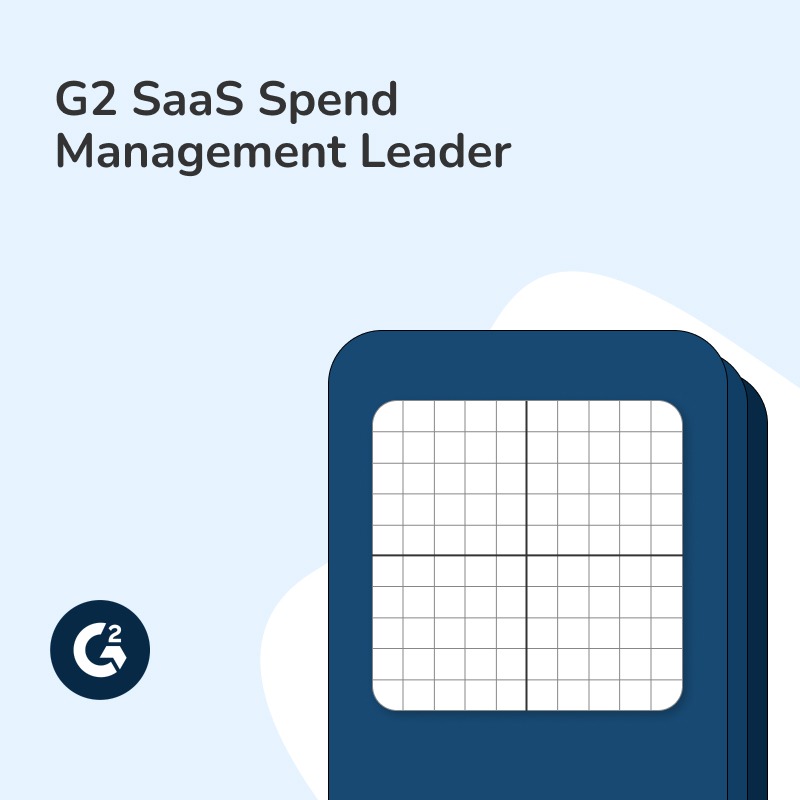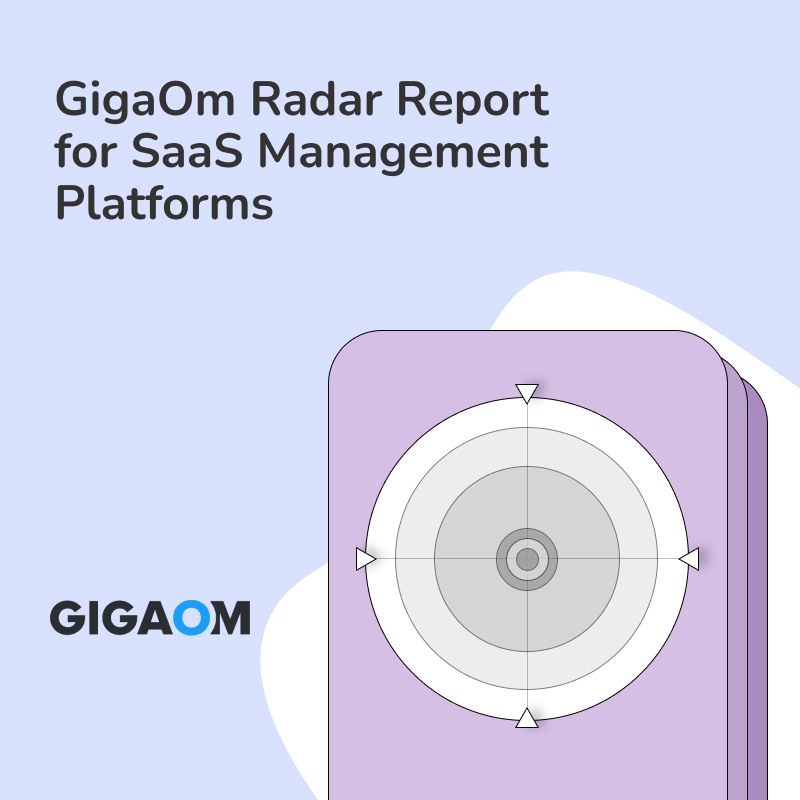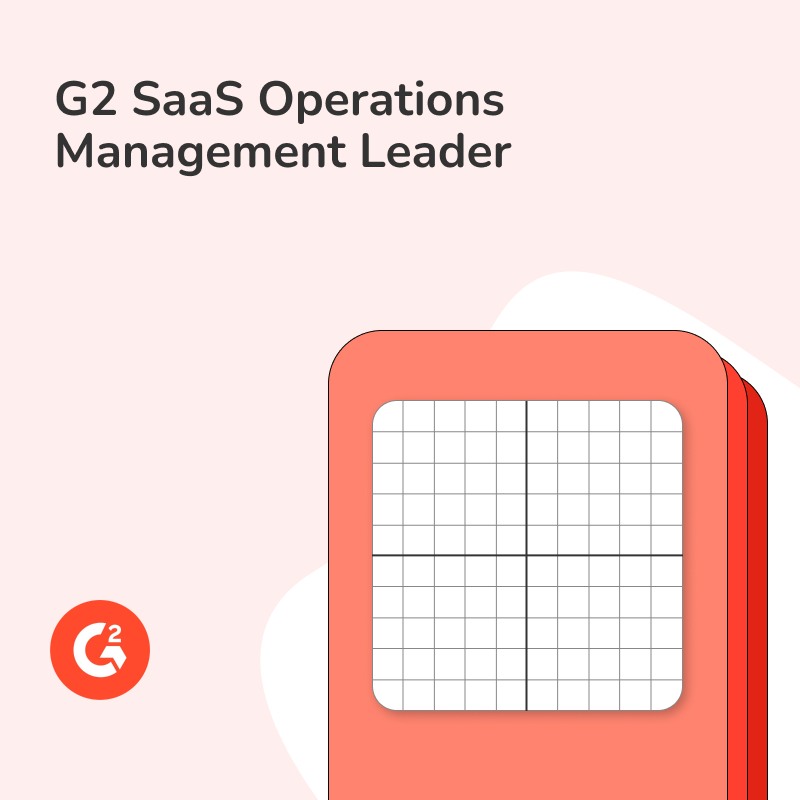A Compliance Tool is a specialized software that aids organizations in adhering to legal, industry, and operational standards. It streamlines, ensuring corporate practices meet defined regulations, guidelines, and expectations.
Note: Enhance your compliance actions using Torii’s SaaS Management Platform. It offers unmatched shadow IT visibility, automates the entire application lifecycle, simplifies SaaS ops, and streamlines license management. Check more info here.

A techie might wonder, isn’t a compliance tool just another type of compliance management software? A compliance tool goes beyond managing data—it centralizes compliance monitoring, automates tedious tasks, and supports real-time reporting of compliance audits.
It’s a comprehensive solution encompassing everything from compliance risk management to compliance policy enforcement. This handy tool sifts through the complexities of compliance frameworks, standards, and controls, leaving managers free to focus on decision-making. So, by integrating compliance workflows or streamlining compliance incident management, this tool effectively aids an organization in meeting regulatory compliance solutions.
Examples of Compliance Tools
- Microsoft Compliance Manager: Helps navigate complex data compliance obligations with assessments, actionable insights, and a compliance score.
- SolarWinds Access Rights Manager: A time-efficient tool that facilitates checking and managing user privileges and preventing data breaches.
- Apptio Targetprocess: Offers foresight into strategic aligning and value delivery, enhancing visibility and compliance in project management.
- IBM OpenPages: Streamlines risk management through an integrated approach and automated compliance workflows.
- Torii: A SaaS Management platform that reviews and ensures third-party software is in line with company compliance requirements. Note its unique capability to track underused licenses for cost savings.
- LogicGate: Focuses on governance, risk, and compliance (GRC) processes. Notably, its configurability supports evolving regulatory landscapes.
Best Practices for Compliance Tool
- Choosing the Right Compliance Management Software
Search for software that adapts well to your operations and complies with the standards and controls relevant to your industry. Evaluate compliance case studies to identify which solutions best address your needs.
- Establishing a Compliance Framework
Set a clear and consistent framework for compliance activities. Compliance tracking and analytics are used to pinpoint critical focus areas, and tools like the Torii SaaS Management Platform are used for comprehensive oversight.
- Enforcing Compliance Policies
Set up stringent compliance policy enforcement mechanisms. Compliance management software makes identifying violations easy and initiating remedial action quickly.
- Compliance Monitoring Tools Utilization
Use real-time surveillance to detect potential compliance issues early. Compliance automation can make continuous monitoring feasible, enabling quicker resolution of emergent risks.
- Scheduling Regular Compliance Audits
Periodically assess your compliance risk management system’s efficacy. These audits can uncover gaps that have been missed during routine monitoring, aiming to prevent future non-compliance.
- Implementing Regulatory Compliance Solutions
Ensure your applications and processes are following relevant legislation and regulations. Use compliance automation to keep up with ever-changing regulatory landscapes.
- Compliance Workflows Development
Develop streamlined workflows to simplify the compliance process. Use compliance software to automate this typically manual process, optimizing efficiency.
- Compliance Incident Management
Create a well-defined process to manage any instances of non-compliance. Compliance management software can assist in logging, tracking, and resolving these incidents.
- Maintaining Compliance Documentation
Continuously update and maintain comprehensive compliance documentation. It’s beneficial for internal reviews, audits, and regulatory inspections. Torii’s SaaS Management Platform can help manage and organize your compliance documentation.
- Undertaking Compliance Assessments
Regularly examine your organization’s adherence to internal policies and external regulations. Use analytics features of compliance tools to evaluate your compliance status and performance.
- Ensuring Compliance Governance
Good governance is essential to maintain continuous compliance. Assign clear responsibilities, establish transparent processes, and implement a robust oversight mechanism using compliance tools.
- Adapting to Compliance Standards
Standards offer guidance on industry best practices. By adjusting your processes to meet these standards, you secure your position as a trustworthy actor in your sector.
Related Tools for Compliance Tool
- Torii: An AI-powered SaaS Management Platform for IT that helps businesses monitor and optimize their software usage.
- Bizible: A tool that provides attribution and revenue analytics for marketing teams to measure success.
- Checkbox: Enables organizations to create and manage compliance workflows and assessments efficiently.
Related Concepts in Compliance Tool
A Compliance tool is a vast topic; diving deeper into its intricacies can be enlightening. To help you on your journey, here are five critical terms related to Compliance Tool:
- Data Retention: Keeping data to meet regulatory requirements or internal policies for a specified period.
- Role-Based Access Control: A security approach that assigns users specific roles or permissions based on their job responsibilities.
- Audit Trail: A record of all user actions and system activity, providing a detailed account for compliance and troubleshooting.
- Vulnerability Assessment: Identifying and measuring potential security risks in a system or network.
- Encryption: Encoding data to make it unreadable to unauthorized users, ensuring privacy and security.
FAQs: Compliance Tool
Q: What is a compliance tool?
A: A compliance tool is software or technology designed to help organizations meet legal, regulatory, and industry-specific requirements.
Q: What are the different types of compliance tools?
A: There are various types of compliance tools available, including governance, risk management, and compliance (GRC) software, data encryption tools, identity and access management solutions, and vulnerability scanning tools.
Q: How can a compliance tool benefit my organization?
A: A compliance tool can streamline compliance processes, reduce manual efforts, help identify and address compliance gaps, provide real-time monitoring and reporting capabilities, and mitigate legal risks.
Q: How does a compliance tool help with regulatory compliance?
A: A compliance tool helps organizations align with regulatory requirements by providing frameworks, policies, and controls that ensure adherence, generating audit-ready reports, and facilitating continuous compliance monitoring.
Q: Are compliance tools suitable for small businesses?
A: Yes, compliance tools come in various sizes and complexities, making them suitable for small businesses. There are affordable, user-friendly solutions designed specifically for the unique needs of small organizations.






